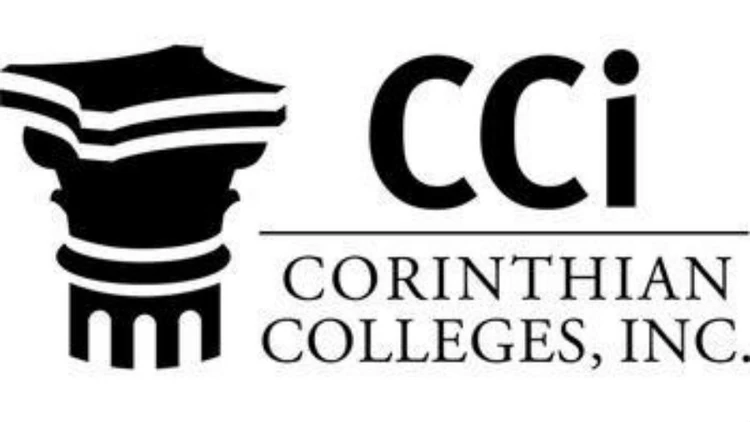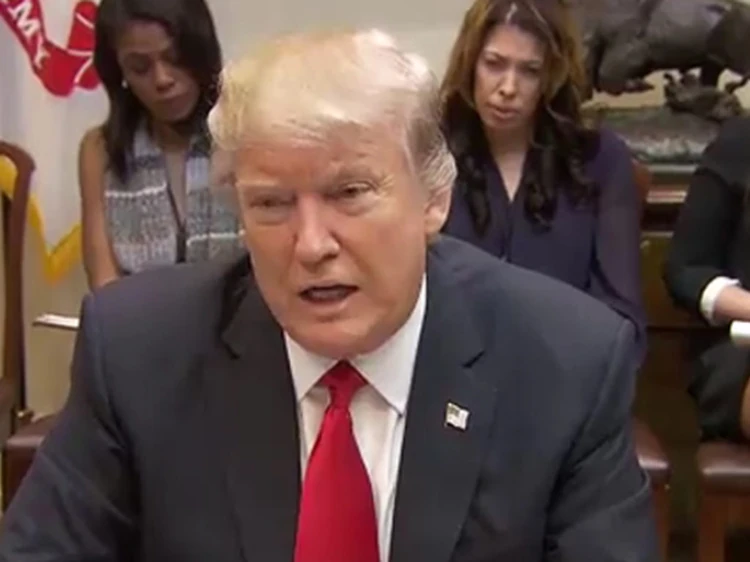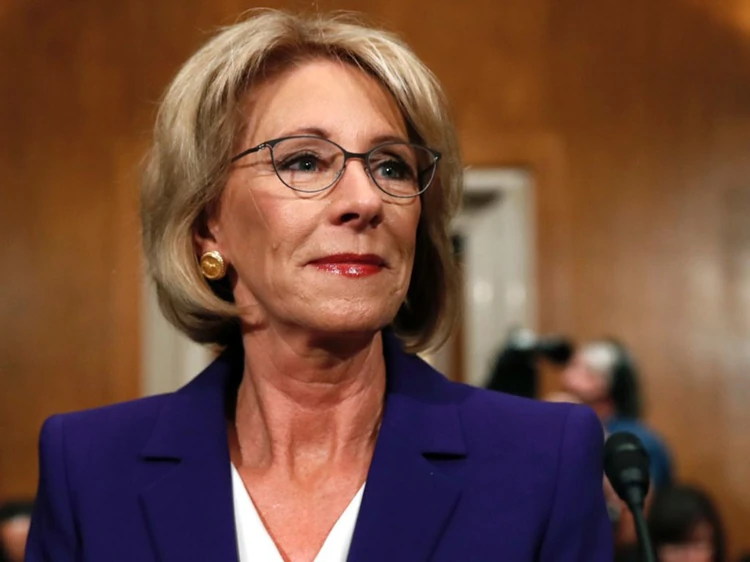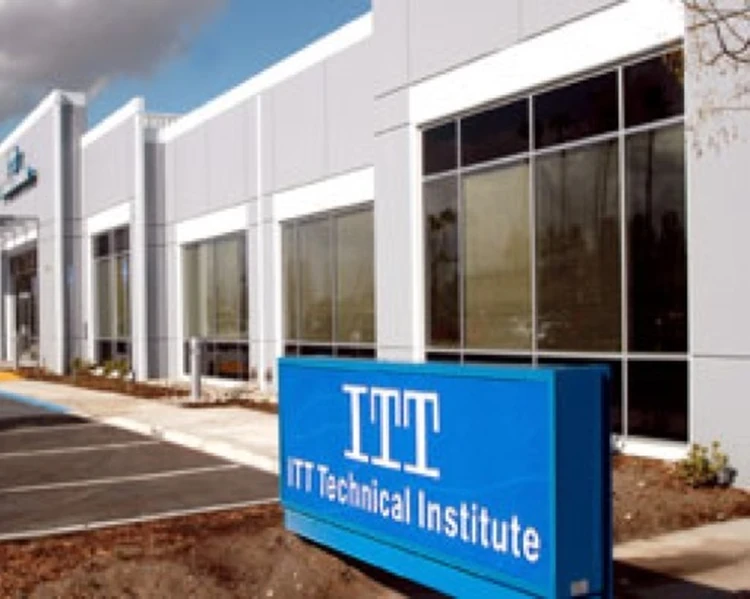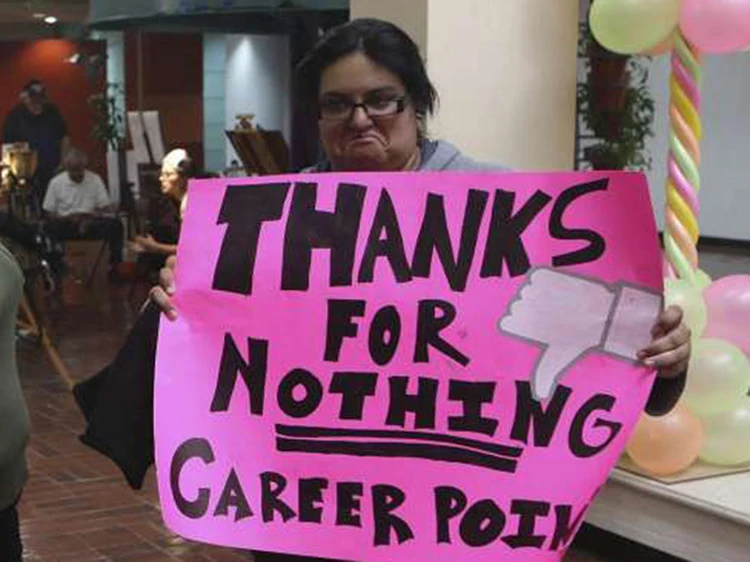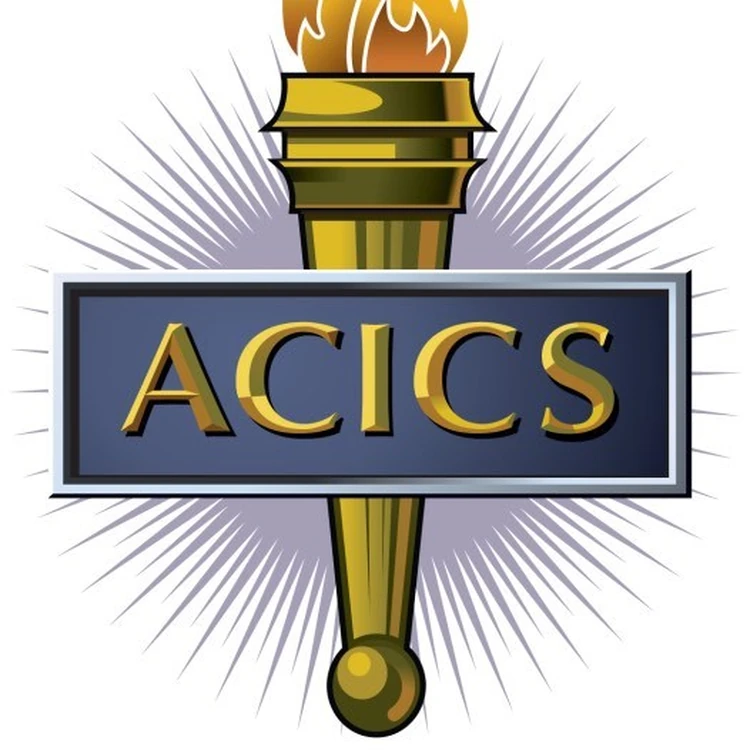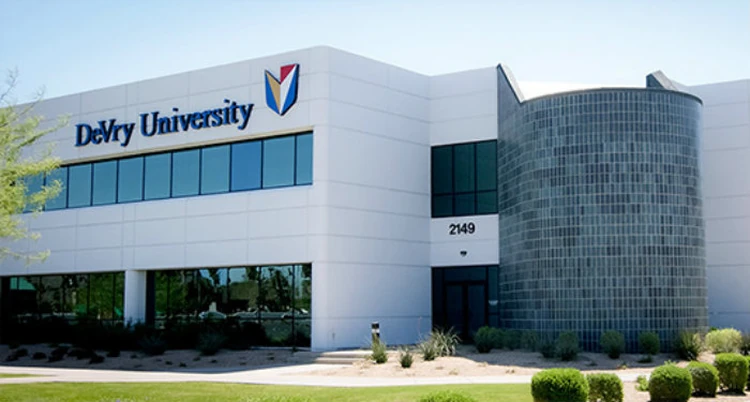With the founder of Trump University in the White House, for-profit education is riding high once again. After years of increasing federal oversight, the for-profit college industry sees President Trump's regulation rollback as its ticket to renewed growth.
The Education Department last week announced it would delay enforcing the "gainful employment" rules drafted by the Obama Administration to crack down on schools that leave their students with huge debts and scant job opportunities.
“This action is taken to allow the Department to further review the GE regulations and their implementation,” the agency said.
The rules cut off access to taxpayer funds for colleges and vocational training institutions if their graduates spend at least 20% of their discretionary income, or 8% of their total earnings each year, paying off student debt.
Regulations challenged
Schools have challenged the data used to make the determinations.
The industry's lobbying group, Career Education Colleges and Universities, has taken the position that all schools -- public, private, and for-profit -- should be treated equally.
Education Secretary Betsy DeVos is an advocate of private education and said during her confirmation hearings that she would work to promote trade schools as an alternative to four-year colleges.
President Trump's now-defunct Trump University claimed to offer training in real estate and finance but closed after a series of lawsuits and challenges from regulators and former students who said they got little for their money but sales pitches.
In November 2016, Trump agreed to pay $25 million to settle a class action lawsuit filed on behalf of about 7,000 former students.
One of the named plaintiffs in the case, Sonny Low, said he still had $9,000 in credit card debt and had to take a job at Home Depot to try to finally pay off the remainder, attorney Rachel Jensen said.






